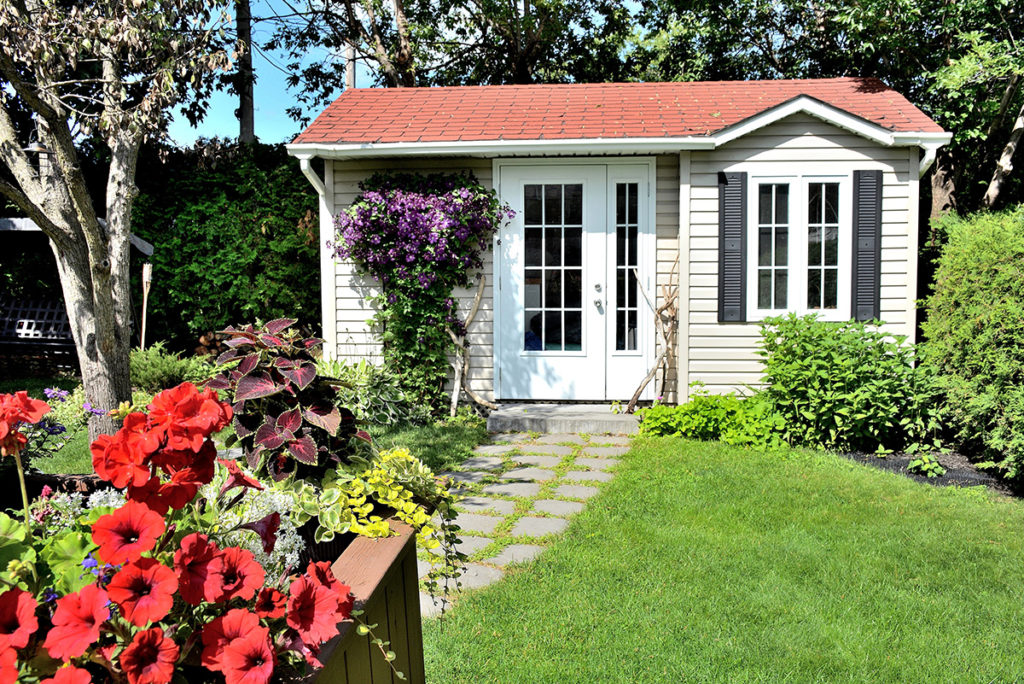
With the California real estate market in such disarray, an increasing number of homeowners think about constructing accessory dwelling units, or ADUS, on their own land. A secondary housing unit, for instance, can provide both a place to reside and an additional source of income for a bereaved parent or dependent loved one. But what if your HOA finds out? Can they force you to stop building? Is there a set of laws or legislation that governs the installation of constructions on your land? Your concerns will be soothed as you read, and you will have a better understanding of what you are able to accomplish with your house.
Understanding California HOAs
To put it simply, there is no simple yes or no answer to this issue. While HOAs have the right to limit the kind of structures that may be built in their communities, they must nevertheless follow the rules of the states and cities where they are situated. The state of California has regulations in place to safeguard landowners’ rights to construct ADUs.
The 2016 Assembly Bill 2215 prohibits homeowners’ organizations from imposing unreasonable restrictions on property owners’ rights to construct ADUs on their property. The Accessory Dwelling Unit Act, commonly known as Senate Bill 13, was passed in 2017 and made the licensing procedure for ADUs built on private property easier. Lastly, under Assembly Bill 2406, which was approved in 2018, HOAs must authorize the construction of up to 1200 square foot ADUs.
ADUs and Their Growing Popularity
ADUs are tiny dwellings that share numerous utilities with the main residence. The state of California, where increasing property values and a scarcity of adequate land have generated a need for more affordable housing options, may be ascribed to increased need for such units. Long-term ADU leasing enables homeowners to produce income that could be used for paying off debt.
Because ADUs are frequently positioned at the rear of houses or on smaller lots with no structures, they rarely necessitate new construction or considerable changes. As a result, they may be a wise and cost-effective alternative for homeowners in expensive real estate markets. In today’s difficult real estate market, an ADU might be the appropriate solution to your problems. Before you begin, though, you must first understand how things function.
The Construction Methods Used
Building an ADU is frequently a time-consuming and labor-intensive endeavor. Begin by researching local laws and zoning rules, as well as the services provided by the builder you’ve chosen. Hiring a professional ADU building firm, such as Acton ADU, allows you to connect with the workers directly, making sure your ADU is built to your specifications. You can count on their designers to assist you in creating a one-of-a-kind building that complements your existing home.
Their skills and abilities will ensure the long-term viability of your new ADU. Acton ADU can assist you in achieving your objective of a beautiful and practical ADU, whether you like a simple and minimalist style or an exciting addition to your house and living area. In order to learn more about their efforts, visit their website.
How Do HOAs Regulate ADU Construction?
When it comes to the development of new housing units, homeowners’ associations in California may be severely limited. There are also minimum and maximum lot sizes, as well as restrictions on particular construction materials. Some homeowners’ organizations even have restrictions governing how loud parties may be and if pets are permitted.
Homeowners, on the other hand, have many options for getting around these limits. As an example, a property owner could reach out to the HOA and request permission to construct the desired ADU. They may also retain the services of a HOA attorney to contest the property limitations. California homeowners who are vigilant and follow the appropriate procedures when working with their HOA may be able to avoid or reduce issues while building an ADU.
Determining If You Can Construct Your ADU
The first step in deciding whether or not to install an ADU on your property is to get approval from your local housing authority. Before you begin construction:
- Check to see if the HOA regulations in your desired community permit the construction of an ADU.
- Check the HOA’s website or chat with an agent to learn more about the restrictions that apply to you.
- Consult an ADU-experienced real estate broker; they may be able to provide data regarding local zoning regulations as well as recommend reputable contractors that specialize in the construction of additional structures such as ADUs.
While studying and planning an ADU, you have the freedom and resources to design a home that fulfills your needs while also complementing the natural surroundings of your site. As a result, if you’re serious about determining if an ADU is a good fit for you, you ought to start looking right immediately.
How to Get HOA Permission for an ADU
It is critical to work closely with your local HOA while planning the construction of an ADU in Dublin, CA. Here are some ideas to help you do this task as quickly and efficiently as possible:
- In your discussions with the HOA, be as direct and honest as possible. The more explicit and transparent your goals are, the easier it will be for others to follow you. As a result, they are more likely to give you permission and approval.
- Thoroughly investigate all licensing and planning requirements. Before you begin, be aware of the constraints set by your HOA, as they may have certain criteria or restrictions that must be met in order for your project to be approved. You should also obtain the advice of a professional architect or contractor to ensure that your ADU complies with local building codes.
- You would benefit from selecting a reasonable beginning point for your objectives. It is vital to be entirely committed to a certain design or idea when seeking HOA authorization, since this may limit your capacity to work closely and efficiently with them during the application stage.
You will have a far higher chance of obtaining a compromise with your association and maintaining a stable connection with them if you have an open mind.
Last Thoughts
Even if your HOA isn’t crazy about the idea, they can usually only stop you from building an ADU if you follow all of the laws. Many laws exist in California to safeguard landowners’ rights to build ADUs. If you break the law, your HOA will reject your proposals. Contact Acton ADU to find out how they may help you design an approach for your HOA to consider. Because of their deep knowledge of zoning limitations in over 40 California cities, they are certain to assist you.






